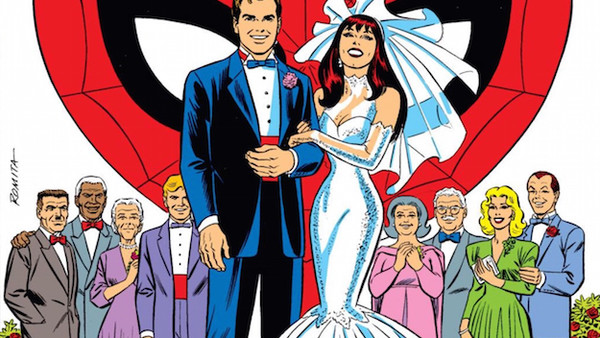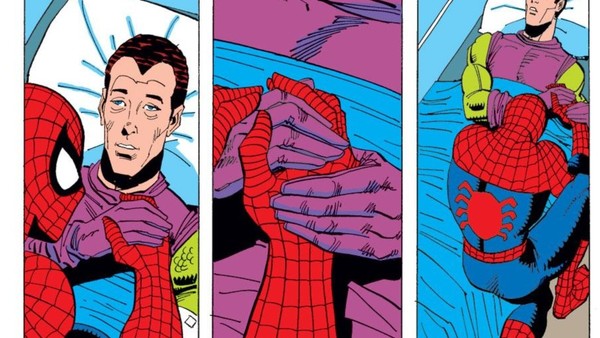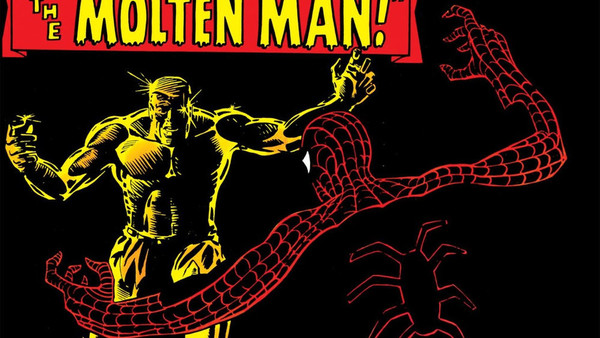The Major Problem No One Wants To Admit With Superhero Comics
4. Sliding Timelines And Sliding Personalities

To begin with, let's focus on Marvel specifically. What we know to be the Marvel universe today was primarily built during the 1960s, courtesy of visionaries like Jack Kirby, Stan Lee, Steve Ditko and others. They didn't have to worry about continuity so much at first - all they had was a shared universe, and in carving out an identity and world for each character, it's doubtful anyone at the time ever worried about the prospect of sliding timelines.
Take Spider-Man, for instance. Introduced in Amazing Fantasy #15 in 1962 by Lee and Ditko, Peter Parker was a scrawny, fifteen-year-old high school student. Issue 28 of the Amazing Spider-Man even showed the character graduating on his way to attending Empire State University. He was clearly growing older, and it was a trajectory that eventually led to him continuing his studies as a postgraduate. Years later, after flirting with the reset button with the Clone Saga, Peter even took up teaching as an adult.

The world around Peter Parker never stopped changing. Gwen Stacy was killed by Norman Osborn, never to return, and for a while it seemed as though Norman would stay dead forever too. By the time the Green Goblin came back around, it was his son, Harry, who was revealed to be the latest version of the character. There wasn't a resurrection in sight.
Eventually Peter even married Mary-Jane Watson. It was certifiable proof that the character was getting older, growing up, and adapting to a changing world. There wasn't any concern that the character would lose his appeal to younger readers, or that there was an overall lack of familiarity with the comic - Peter was just allowed to grow up and develop like any other literary figure.

In modern Marvel's defence, these older works never had to worry about Spider-Man's onscreen influence, or the worry that readers discovering the character through a TV series or film would be confused about why the character was different in the series at a given point, but I think it's also fair to say that maybe there's been a tendency to underestimate readers too. Fans know the difference between the films and the comics, and that Spider-Man has grown over the years. There's no reason why the source material should be any less ambitious as a result, or even that a sliding timeline where characters age sporadically should necessitate the periodic assumption of the status-quo.
The point is that, for a long time, comics weren't concerned with characters ever straying too far from their established roots. There was no mandate for Spidey to be single, or for DC's characters to never get married out of the fear of making them any less relatable. They just... grew. For a while, at least.
[Article continued on next page...]